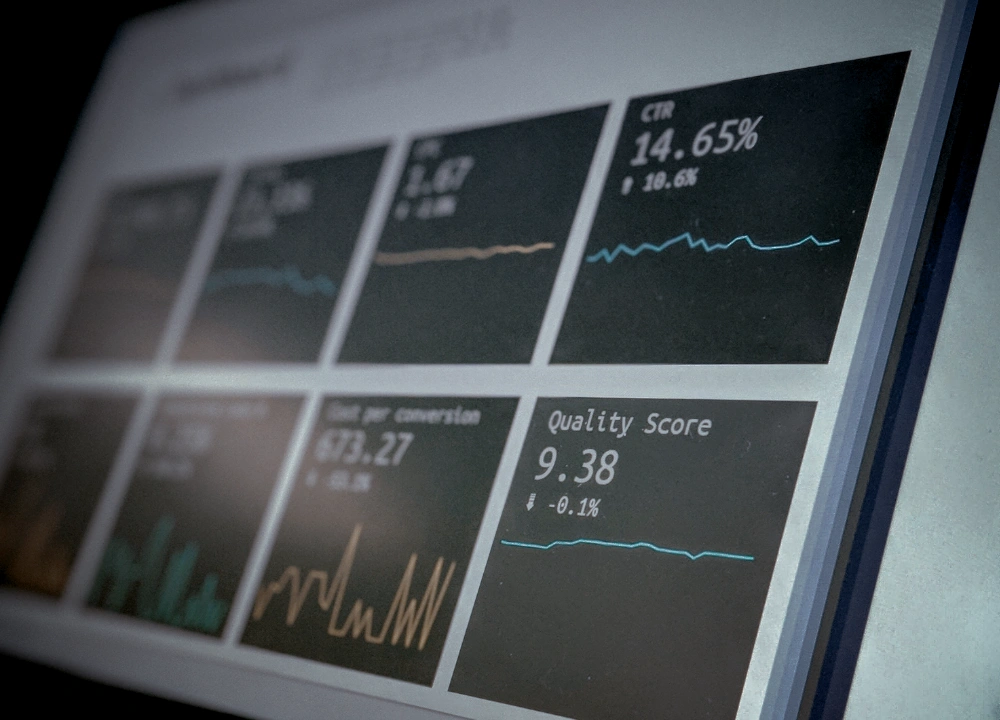In today’s business environment, data has become the critical element that drives decision making, corporate strategy and, at the end of the day, determines the success and continuity of any organization.
Data, in all its shapes and sizes, may be the most valuable asset a company possesses. However, collecting this data is only the beginning. It is a company’s ability to transform this vast amount of raw information into strategic decisions that will determine whether it can capitalize on its value. But can all companies analyze the data they collect?
In this complex world of data, competitive intelligence and digital analytics emerge as beacons that help companies navigate safely and effectively. These tools not only allow you to collect and sort data, but are also vital for analyzing it and turning it into informed decisions, giving companies the edge they need to stand out in an increasingly competitive marketplace.
Turning data into strategic decisions is not a trivial task. How do you turn data into decisions?
- It requires a deep understanding of the data itself.
- It involves the use of specific tools to analyze it.
- It requires a deep analysis of the results obtained to transform them into useful information to guide decision making.
At FJ Intelligence, we want, through these small articles, to help SME managers, those who often face the daunting task of navigating the world of data, so that they can effectively turn it into decisions. The first step is simple: understand the importance of data and trust its value.
The importance of data
In our time, data is often compared to the fundamental building blocks of a building. Like bricks and mortar in the construction of a building, data, when properly gathered and organized, can shape solid and valuable knowledge structures.
Every piece of data a company collects – whether about its customers, competitors or market trends – can be likened to a single piece in an intricate puzzle. Regardless of how small or seemingly insignificant a piece may seem on its own, it has the potential to complete a section of the puzzle, providing a clearer picture of the big picture.
This data can help a company better understand its competitive environment, forecast future trends, identify growth opportunities and mitigate potential risks. In addition, it can provide detailed insight into customer habits and preferences, which can help companies personalize their products and services, improve the customer experience, and strengthen their customer relationships.
Understanding the importance of data and its potential to transform the way decisions are made within a company is therefore a crucial first step. However, this is only the beginning. Companies must also be able to collect high-quality data, analyze it correctly and, most importantly, apply the insights gained to their strategic decision making. This is the challenge that comes with turning data into decisions and this is where competitive intelligence and digital analytics play a key role.
Where data finds meaning and value
Competitive intelligence and digital analytics tools and techniques act as a compass that guides companies through the jumble of data toward meaningful discoveries and decisions. The real challenge lies not in amassing mountains of data, but in extracting the true value from it: the strategic decisions that can change the course of your business.
So in our next article we will talk about just that, about how competitive intelligence and digital analytics play a key role in today’s business landscape.
At FJ Intelligence, we are dedicated to helping companies transform data into meaningful information and, subsequently, into strategic decisions that can drive their growth. Our goal is to help companies know how to use that data, extracting value from the information available and using it to make effective decisions.
In today’s business environment, the ability to turn data into decisions is more than a skill, it’s a necessity. And at FJ Intelligence, we’re here to help you every step of the way. We transform the challenge of big data into an opportunity to make strategic and effective decisions, ensuring that companies stay competitive in the changing business landscape.




